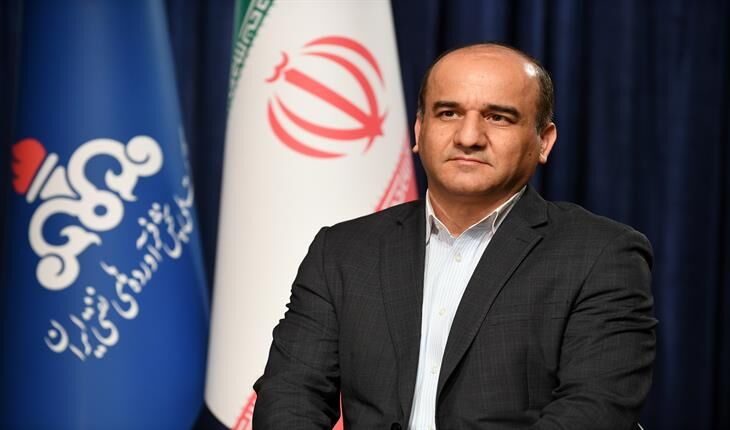Shahram Rezaei noted that the company, as a regulator, plans to use an "AI assistant." He stated that to achieve this, data from all petrochemical companies must first be centralized to establish business intelligence, which can then be enhanced with AI.
Globally, he said, AI applications in petrochemicals are primarily focused on areas like digital twins and predictive maintenance. The technology can help reduce production waste, optimize catalyst use, minimize flaring, improve efficiency, and enable more precise market analysis.
Addressing concerns about product sales and pricing, Rezaei emphasized that AI can analyze these processes and may eventually supplement or even replace certain market mechanisms, including stock exchanges. However, the industry is currently at the local database stage and must first develop a data lake and implement its framework. A key challenge is convincing petrochemical firms to share their data.
Providing infrastructure in exchange for data
Rezaei referenced the Seventh Development Plan’s mandate to gather data from petrochemical companies, refineries, and the energy sector to create mass and energy balances. He argued that if companies see improved revenue and production through these technologies, they will naturally share their data, eliminating the need for regulatory enforcement. The best approach, he said, is to provide infrastructure that allows companies to benefit from data sharing.
He announced the launch of joint projects with the Vice Presidency for Science and Technology, under which companies can invest in AI initiatives instead of paying taxes—provided they support AI development.
The science vice presidency is working to provide the necessary processing infrastructure, Rezaei said, noting that AI projects require powerful GPUs. Large language models (LLMs) will run on this infrastructure, followed by intelligent agents. The open-source infrastructure will also be available to startups developing AI products. Petrochemical companies are invited to contribute their data to the data lake and become its first users, while startups will receive support to create innovative solutions.
AI for sustainable development
Rezaei highlighted the need to optimize hydrocarbon resources amid new environmental challenges. With global pressure to reduce fossil fuel combustion, he said, the best approach is to use these resources for petrochemical production—such as manufacturing pharmaceuticals like acetaminophen. AI and new technologies can help the industry achieve optimal production and minimize breakeven waste.
AI now serves sustainable development, he added, helping industries like petrochemicals minimize environmental harm and industrial accidents. Historically, he noted, humanity has reduced its ecological footprint by using science and technology to maximize limited resources. A forward-looking approach—designing solutions that allow products to return to nature—is essential, with AI playing a key role.
Cybersecurity, ethical concerns
Rezaei stressed the growing importance of ethics and cybersecurity as AI enters the industry. Integrating information technology (IT) with operational technology (OT) requires high precision, he said, and all measures must comply with regulatory requirements from relevant authorities.


Your Comment